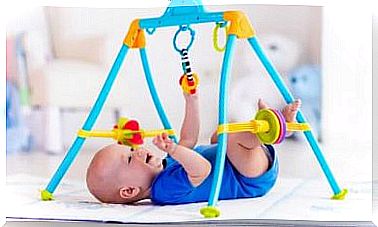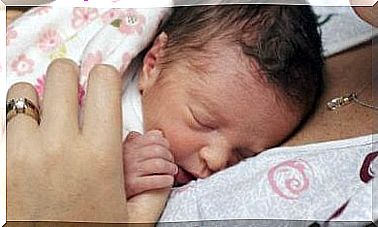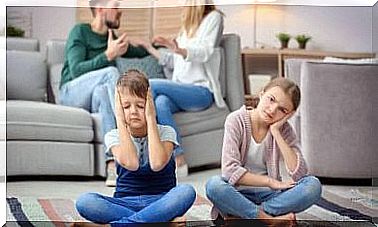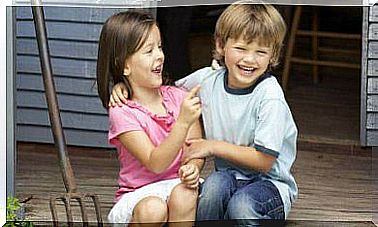Never Say Bad Things About The Other Parent To Your Child – Be Parents
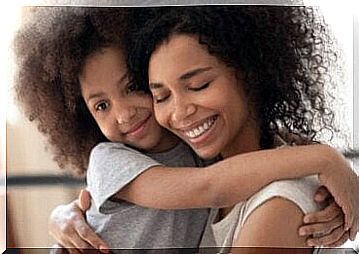
Divorce is not the only situation in which one parent can speak badly about the other. It can also happen when one of the parents has never been a part of the child’s life, or even when the couple are still together. Either way, talking badly about the other parent can cause them irreparable harm, so you should avoid it at all costs.
When we feel that our former partner has hurt and betrayed us, it’s normal for us to feel an uncontrollable urge to express our anger. However, our resentment should never be directed against children. Our priority must always be to protect them and to ensure that they have as healthy an environment as possible.
To love and be loved
For a child, his family is his center, his whole world. Mom and dad are her ultimate reference, her safety net. Thanks to the love and confidence they bring him, his personality is forged and he begins to open up to the world.

The child needs to love without guilt and to be loved unconditionally by his parents in order to achieve adequate emotional development. The family is her safe and happy place, the one that gives her the confidence to explore other territories. A stable and comfortable place to recharge, strong roots that allow for fearless growth.
The importance of the family nucleus is such that we must do everything in our power to make it harmonious and nourishing.
Let your kids love their other parent even if you no longer do
However, the circumstances are not always perfect. Maybe our child’s other parent never wanted to be in their life, maybe we made the decision to get a divorce. Or, maybe, even if we stay together, conflicts and arguments will arise that will make a dent in the relationship.
All of these circumstances are a part of life, and as adults we will have to deal with them in the best possible way. But if there is one thing we need to clarify, it is that it should never affect the well-being of our children, at least not to the extent that we can avoid it. It is clear that these decisions will have an impact on the life of the child, but the child will be very different depending on how the adults act in his life.
Maybe your child’s father (or mother) did not behave well, maybe he hurt you, betrayed you, or he betrayed you deceived. Maybe he even made some big mistakes or neglected you as a parent. It is quite normal and valid that this generates negative emotions, anger or resentment.
You will need to go through your own emotional process to integrate these experiences and achieve forgiveness. But, without a doubt, your first priority should be to protect your child. And that includes protecting the vision he has of his other parent and the bond he has established with him. The child needs to love his other parent and to feel loved by him. As much as he needs from you.
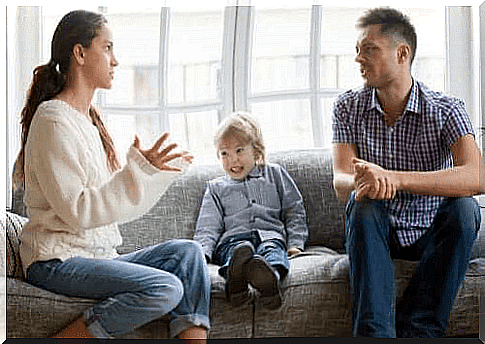
Talking badly to your children about their other parent
By saying bad things about their other parent to your children, you are robbing them of a fundamental part of their development. When you tell them that their other parent is gone because they don’t care about them, that they don’t want to spend time with them, that they don’t care about them, the kids don’t understand that he is a careless individual.
They understand that it is their fault. They will start to feel that they are not enough, that they are not valid, that they do not deserve to be loved.
When you tell them “ you are like your other parent ” or “ your other parent is bad, he is irresponsible, selfish, ” you are putting them in a very difficult position.
They will be forced to take sides, they will feel guilty for loving their other parent and they will greatly accuse you of the gap you have opened in their little world: there is no longer stability or harmony, but hatred. and confusion.
You may think that your children need to know what their other parent is like, that you are not going to lie to them, that they have a right to know the truth. But, in reality, what they are entitled to is to be children, to feel loved and secure, not to have to deal with adult situations.
When they grow up, they will know, understand and reorganize what they have been through from a different perspective. For now, let them grow.
